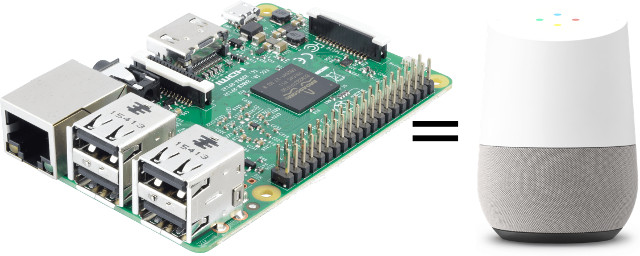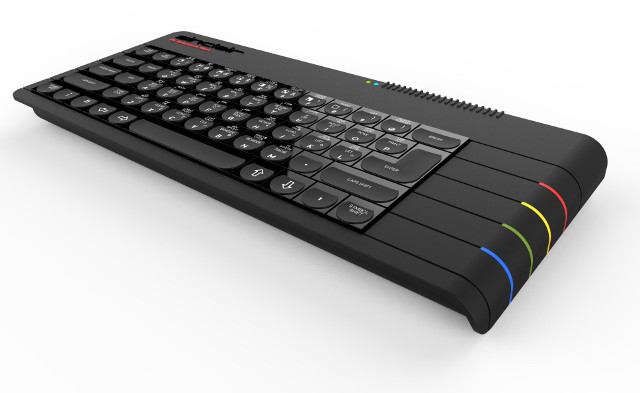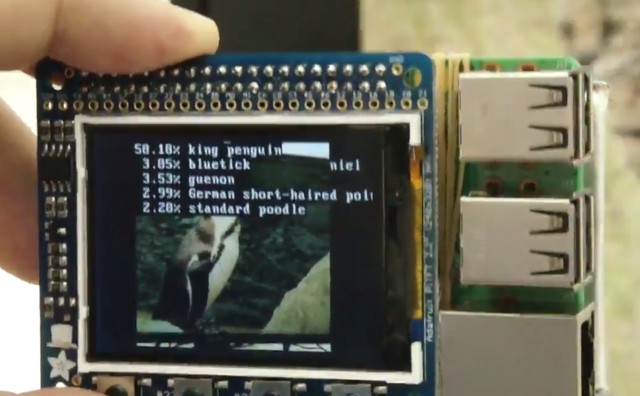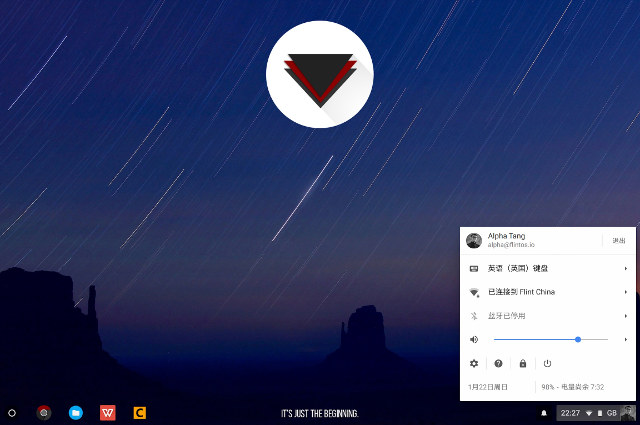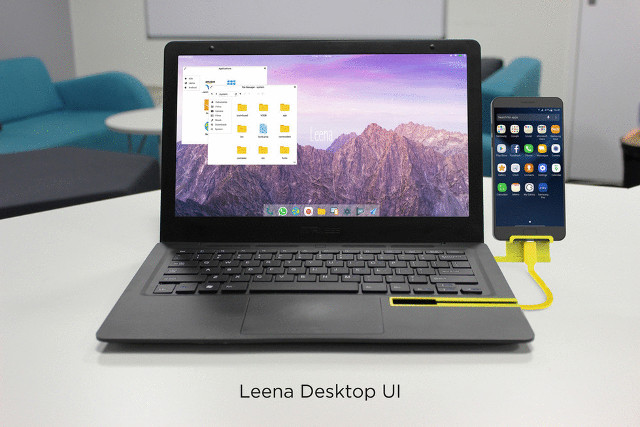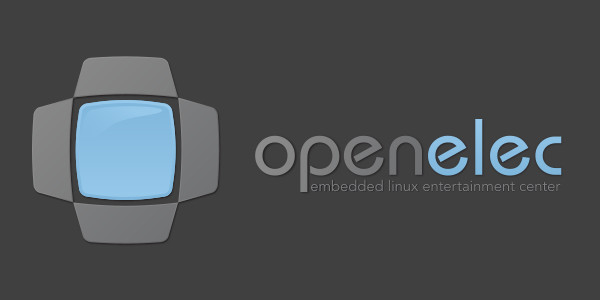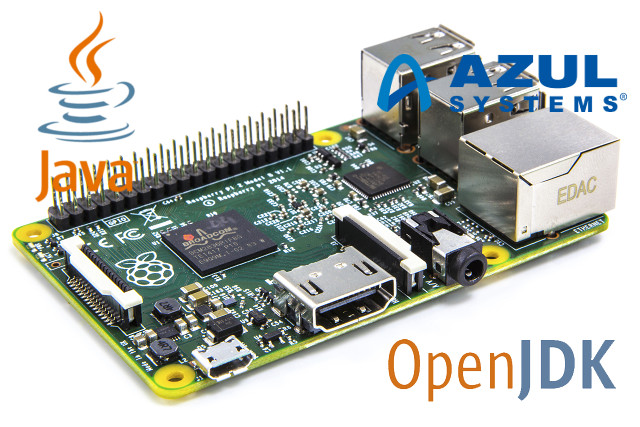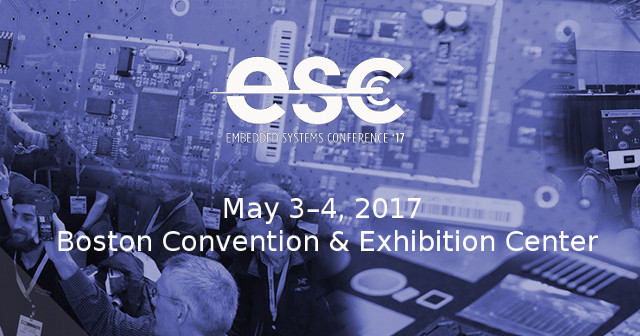Google Home allows you to select music, control your home automation system and more with voice commands, but now you can do the same with a Raspberry Pi 3 as Google released a developer preview (alpha v1) of the Google Assistant API that works on Raspberry Pi 3, and other development boards running Debian or Ubuntu. Functionalities are limited right now, with RPC API and Python sample code, but it only works with English language, and features such as timers & alarm, playing music, news, or podcasts, and precise location are not supported. Location is determined using your IP address only, and if you’re using some third party services / products such as Uber or Hue, you’ll need an actual Google Home device for initial setup. Google has provided instructions to use Google Assistant SDK with Raspberry Pi 3 board. First you’ll need a USB microphone ($5.99 on Amazon), and […]
ZX Spectrum Next Retro Keyboard PC Relies on Xilinx FPGA, Raspberry Pi Zero “Accelerator” Board (Crowdfunding)
ZX Spectrum keyboard computer was launched in April 1982 in the United Kingdom, and 35 years later, a team of developers has now been working on ZX Spectrum Next somewhat resuscitating ZX Spectrum by emulating Z80 processor in a Xilinx FPGA, using an optional Raspberry Pi Zero board as an accelerator, and adding some modern features like HDMI output and WiFi. While the case is only a 3D rendering for now, they have a working board prototype with the following specifications: FPGA – Xilinx Spartan-6 FGPA emulating Z80 processor in 3.5Mhz and 7Mhz modes System Memory – 512KB RAM (expandable to 1.5MB internally and 2.5MB externally) Storage – SD Card slot, with DivMMC compatible protocol used in the original ZX Spectrum Video Hardware sprites, 256 colours mode, Timex 8×1 mode etc. Output: RGB, VGA, HDMI Audio – 3x AY-3-8912 audio chips with stereo output + FM sound Networking – Optional […]
GPU Accelerated Object Recognition on Raspberry Pi 3 & Raspberry Pi Zero
You’ve probably already seen one or more object recognition demos, where a system equipped with a camera detects the type of object using deep learning algorithms either locally or in the cloud. It’s for example used in autonomous cars to detect pedestrian, pets, other cars and so on. Kochi Nakamura and his team have developed software based on GoogleNet deep neural network with a a 1000-class image classification model running on Raspberry Pi Zero and Raspberry Pi 3 and leveraging the VideoCore IV GPU found in Broadcom BCM283x processor in order to detect objects faster than with the CPU, more exactly about 3 times faster than using the four Cortex A53 cores in RPi 3. They just connected a battery, a display, and the official Raspberry Pi camera to the Raspberry Pi boards to be able to recognize various objects and animals. The first demo is with Raspberry Pi Zero. […]
Flint OS is a Chromium OS Build for Raspberry Pi & Firefly-RK3288 Boards
Chromium OS for SBC aimed to bring Chromium operating systems to low cost development boards such as the Raspberry Pi 3 board, but the website is now down, and the developer announced he had stopped working on it several months ago due the hardware limitations of the Raspberry Pi 3 board. But others decided it was still worth the effort, and created Flint Innovation company (based in UK/China) to develop Flint OS, a build of Chromium OS with optimizations for Raspberry Pi 3 and Firefly-RK3288 boards with more boards likely coming soon. The developers also provide an x86 image, but after asking more details, it turns out they only changed the boot splash screen for now on the x86 image, with most of the early work done on Raspberry Pi board: At this moment our public Flint OS releases are still pretty much vanilla Chromium OS (we changed the boot […]
Mirabook is Laptop Dock for Smartphones, Development Boards (Crowdfunding)
Motorola Lapdock may have been ahead of its time, as laptop docks for smartphone are back in vogue with products like NexDock, and Apple could soon launch their own iPhone laptop dock. Another option is Miraxess Mirabook laptop dock with a 13.3″ display, and a battery lasting up to 24 hours, that works for smartphones, development boards, and HDMI TV sticks thanks to its USB type C port. Mirabook specifications: Display – 13.3″ IPS display with 1920×1080 resolution (non-touch, except if they raise $2 millions…) Audio – Speakers, 3.5mm audio jack Video Output – HDMI port Storage – SD card slot QWERTY keyboard & multi-touch trackpad USB Integrated USB type C cable to connect to phone, board or HDMI TV stick USB type C port to charge the Mirabook battery 2x USB type A host port Battery – TBD capacity good for 24 hours while charging your phone Dimensions – […]
OpenELEC 8.0 Released with WeTek Play 2 & Hub, and Raspberry Pi Zero W Support
In recent months, I’ve written more about LibreELEC, a fork of OpenELEC, but the latter project is still being worked on, and OpenELEC 8.0 has been released adding builds for WeTek Play 2 & WeTek Hub TV boxes, as well as Raspberry Pi Zero W board, and upgrading to Kodi 17.1. and newer packages such as Linux 4.9 and ffmpeg 3.2. The developers also removed some unused or dropped features such as HFS and HFS+ filesystem, iSCSI, NFS/NBD/iSCSI network boot, and LIRC. X11 AMDGPU, ATI (Radeon) and Intel GPU driver driver has been replaced by X11 Modesettings GPU driver. They also updated some drivers & firmware files for WLAN and DVB, as well as update Nvidia Legacy driver to xf86-video-nvidia-340 (VDPAU only supported now). You can download or update OpenELEC 8.0, not only for the new WeTek and Raspberry Pi platforms, but for also x86 64-bit images for Intel & […]
Azul Systems’ Zulu Embedded is a Build of OpenJDK for ARM, MIPS, PowerPC, and x86 Compliant with Java SE standard
Yesterday as I wrote about the Embedded Systems Conference 2017 schedule I came across a potentially interesting talk entitled “Building A Brain With Raspberry Pi and Zulu Embedded JVM” by Azul Systems that will explain how to build a brain emulator using a cluster of Raspberry Pi boards. I wanted to find more about it, but I have not been able to find any details about the project/demo at this stage. However, I could still learn a bit more about Zulu Embedded, which is said to be an open source Java Virtual Machine based on OpenJDK, compliant with Java SE standard, working on 32-bit & 64-bit ARM & x86, MIPS, and PowerPC, as well as multiple operating systems. Some of the key features of Zulu Embedded include: Java Support – Java 6, 7, 8, and 9 when available Java Configurations – Headless, headful, or compact Java Compact Profiles Hardware – […]
Embedded Systems Conference 2017 Schedule – May 3-4
The Embedded Systems Conference 2017 will take place over two days in Boston, US on May 3-4, and the organizers have published the schedule of the event. Even if you’re not going to attend, you’ll often learn something or find new information by just checking out the talks and abstracts, so I’ve created my own virtual schedule with some of the most interesting sessions. Wednesday, May 3rd 08:00 – 08:45 – Combining OpenCV and High Level Synthesis to Accelerate your FPGA / SoC EV Application by Adam Taylor, Adiuvo Engineering & Training Ltd This session will demonstrate how you can combine commonly used Open source frameworks such as OpenCV with High Level Synthesis to generate a embedded vision system using FPGA / SoC. The combination of OpenCV and HLS allows for a much faster algorithm development time and consequently a faster time to market for the end application. 09:00 – 09:45 […]


